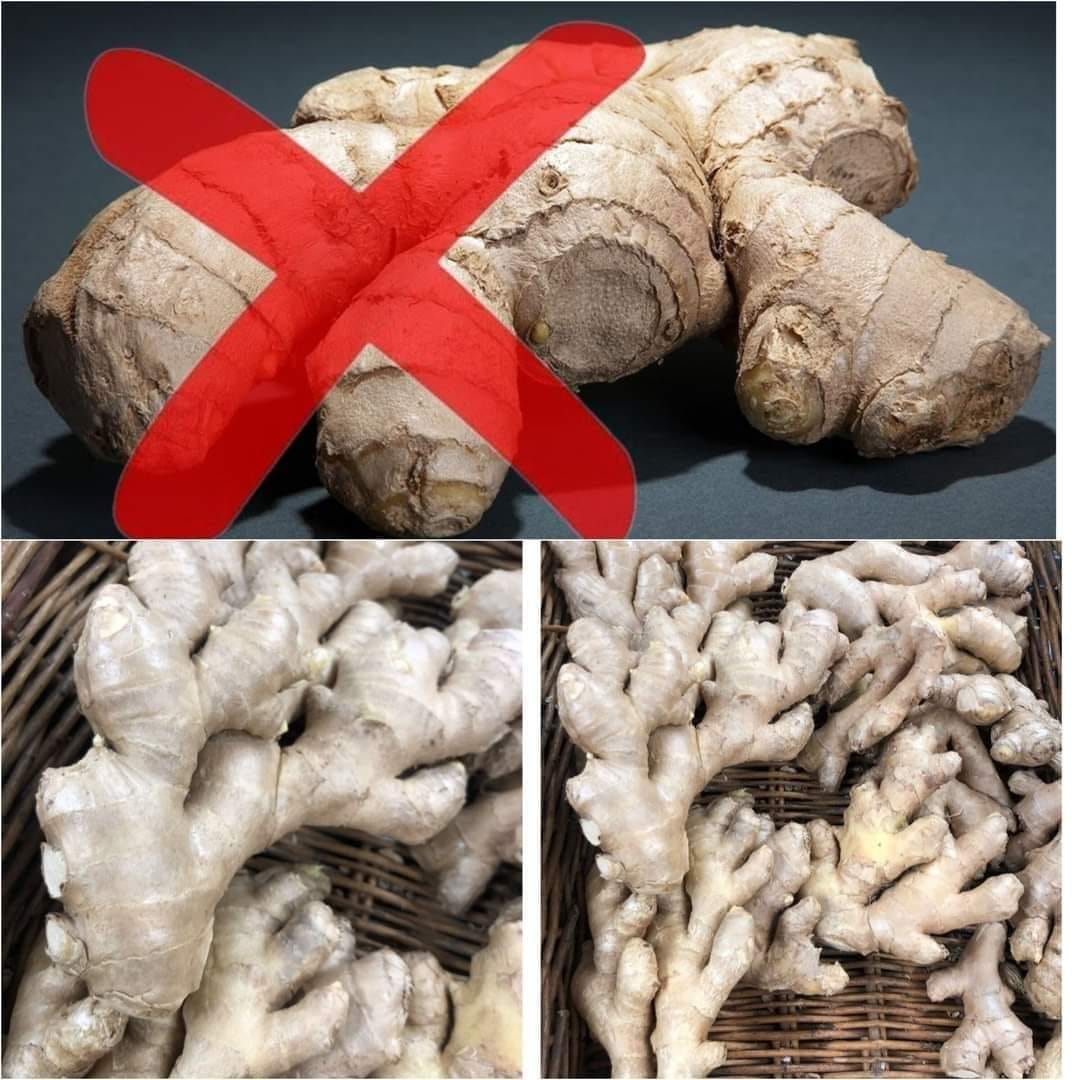Ginger, a widely used spice and herbal remedy, offers numerous health benefits, such as reducing inflammation, soothing digestive issues, and boosting immunity. However, like many natural remedies, ginger should be consumed with caution in certain situations. Understanding when to limit or avoid ginger can help you enjoy its benefits without risking potential side effects.’
1. Gastrointestinal Distress
When to Be Cautious:
- Too Much Ginger: In high doses, ginger may cause digestive issues, including heartburn, diarrhea, and stomach discomfort.
Recommendation:
- Limit ginger intake to 3–4 grams daily to avoid stomach upset. Start with small amounts if you have a sensitive stomach.
2. Blood Thinners and Bleeding Disorders
When to Be Cautious:
- Blood Thinning Properties: Ginger may enhance the effects of blood-thinning medications, such as warfarin or aspirin. This could increase the risk of bleeding or bruising.
Recommendation:
- If you’re taking blood-thinning medications or have a bleeding disorder, consult your healthcare provider before consuming ginger in large quantities.
